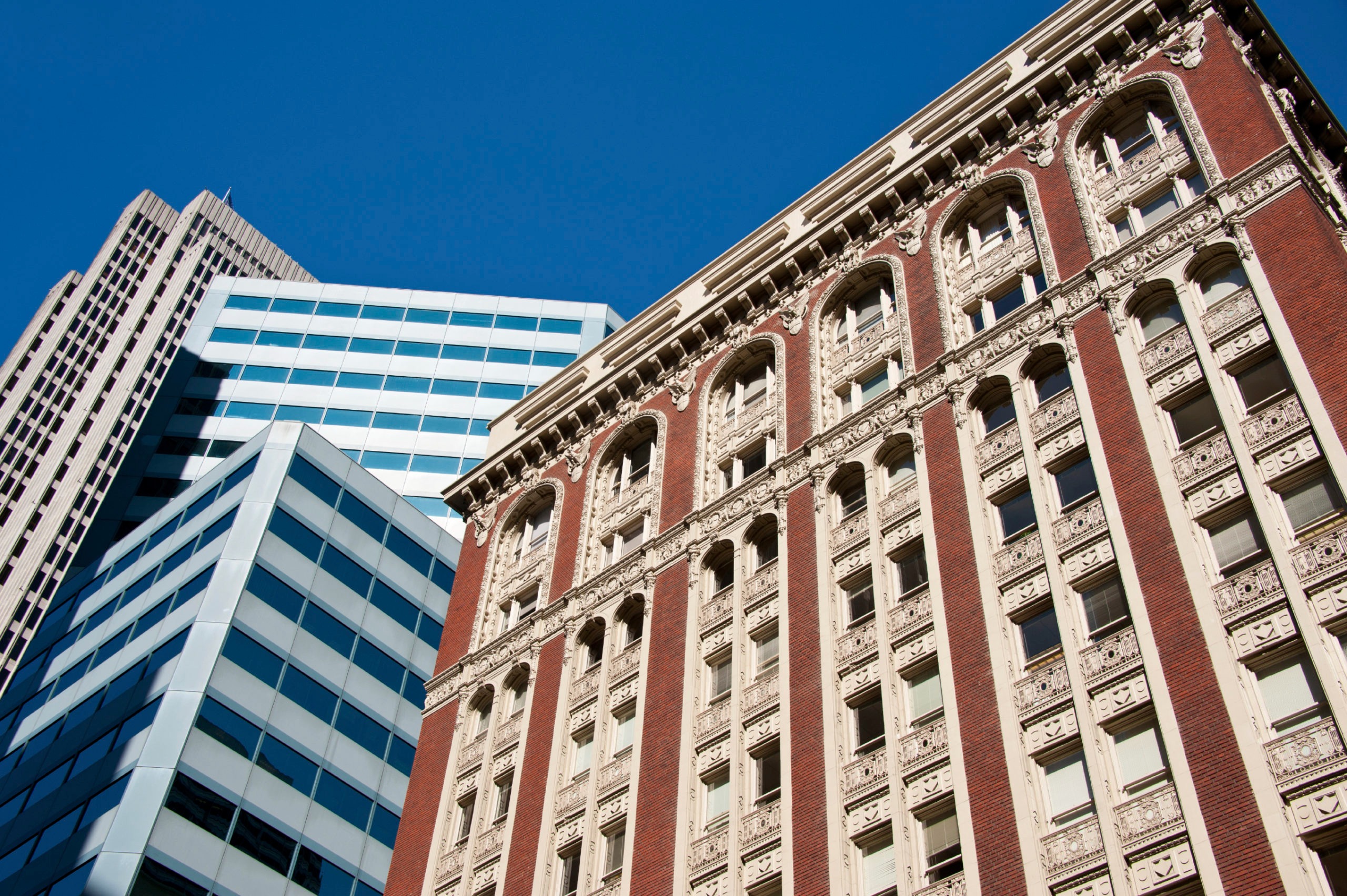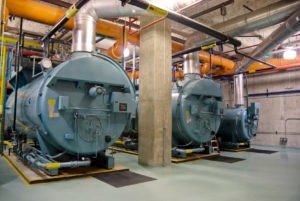- May 14, 2019
- 0 Comments
- In Existing Building Performance
- By Steven Winter Associates
Before there was a Green New Deal in New York City, there was Local Law 87, which requires an energy audit and retro-commissioning report to be conducted and filed every 10 years. Yes, it still applies, and yes it will help you to understand the most cost-effective retrofits and upgrades to target for compliance with the city’s new energy efficiency requirements. Thanks for asking!
The question we get most this time of year from owners in NYC is, “My building is due for LL87 compliance this year, is it too late to start?!”
 As spring arrives, building owners often realize that time is quickly running out and this is the year that they must submit their building. Compliance with NYC’s LL87 (Local Law 87) can be overwhelming and hard to navigate but we are here to help.
As spring arrives, building owners often realize that time is quickly running out and this is the year that they must submit their building. Compliance with NYC’s LL87 (Local Law 87) can be overwhelming and hard to navigate but we are here to help.
Not sure if you have to file? Check here.
LL87 requires that a building undergo an energy audit and retro-commissioning of major mechanical equipment. Keep in mind that it takes time to perform the inspections and testing. In fact, your best bet is to start in the year before your deadline, leaving yourself plenty of time for planning, budgeting, and implementing any corrections that may be required.
If your building is due for compliance this calendar year, you still have until December 31st for your paperwork to be filed. Although there is time left, we have quite a bit of work to do before you can file. At this point in the year, you may need to consider filing for an extension.
 Why would you need an extension? For starters, most buildings will need to undergo testing during both the heating and cooling seasons. As the weather warms up, it may not be possible to test your heating equipment this year. Even if there is enough time to perform inspections and testing, be aware the investigation will likely reveal deficiencies. SWA will provide you with a list of items that must be corrected and verified prior to filing. Implementing these corrections can take time, so planning is key.
Why would you need an extension? For starters, most buildings will need to undergo testing during both the heating and cooling seasons. As the weather warms up, it may not be possible to test your heating equipment this year. Even if there is enough time to perform inspections and testing, be aware the investigation will likely reveal deficiencies. SWA will provide you with a list of items that must be corrected and verified prior to filing. Implementing these corrections can take time, so planning is key.
Requesting a 1-year extension can give you more time to fulfill these requirements and avoid a $3,000 violation for not submitting by your deadline. By comparison, an extension costs $155. Keep in mind that the extension application must be submitted by October 1. Buildings can only request two consecutive extensions.
If you have questions, contact SWA to discuss the best option for your project.
By Amanda Magee, Director, Commercial Building Energy Services
